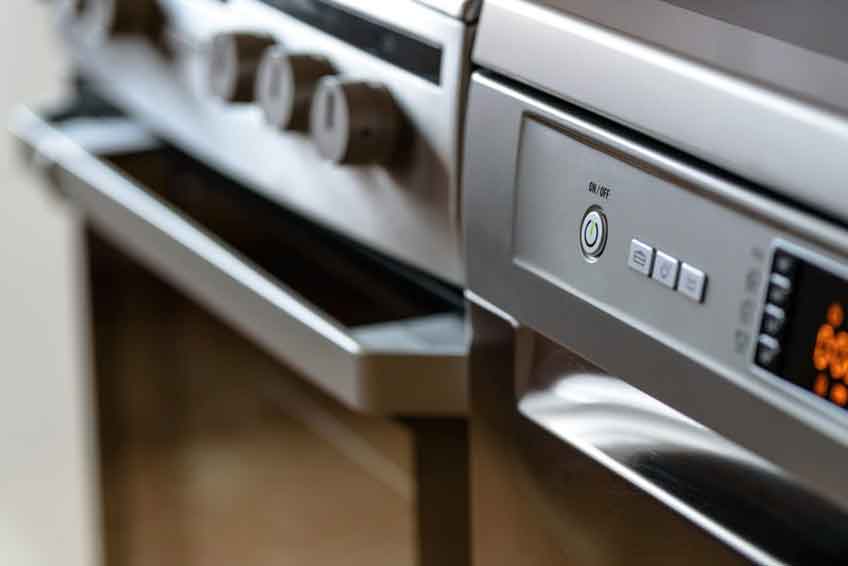If you have old or unused appliances collecting dust in your home, there’s a good chance you’d like them gone—after all, who wants those bulky items going unused and wasting valuable space?
But what are your options? What should you do with them? It’s not an uncommon sight to see refrigerators, AC units, washing machines, ovens and stoves, and even smaller appliances sitting out by a curb or at the dumpster. But landfills are currently overflowing, and throwing away appliances with the rest of your municipal waste doesn’t help that problem. Most of them are filled with valuable materials that can be recycled and manufactured into new products. Here’s what you need to know about appliance recycling.
So How Does It Work?
To ensure the smallest environmental impact, the EPA has strict guidelines for recyclers to follow. When you drop off your appliances with a recycler, the items are broken down to salvage the innards and materials that can be reused in new products. This includes:
- Metals and plastics: Once removed, most of these materials will be fully recyclable for new manufacturing.
- Glass: This delicate material will be safely crushed and shipped out to glass recycling plants in your area.
- Compressors: Once safely removed, this can be reused in manufacturing for new appliances.
- Oil and refrigerants: After being distilled, these are delivered to industrial machinery companies to be recycled in other equipment.
Why Is Appliance Recycling So Important?
Sure, it may be easier to set your appliances out by the curb, but this can have dangerous environmental repercussions. Appliances are filled with chemical hazards—including oils, toxic refrigerants, and even lead or mercury—that can be released into our environment if not properly disposed of. Plus, throwing away appliances leads to the crowding of landfills, which are already overcrowded to a dangerous degree. The amount of solid waste we produce is ever-increasing, and it’s steering us toward an environmental disaster if we don’t quickly change our habits.
When and Where Should You Recycle Your Appliances?
In our technology-obsessed consumer culture, we update our appliances much more frequently than previous generations. But it’s not just the latest washing machine or microwave that you can recycle. Any home appliances that are no longer working—and not worth costly repairs—are good candidates. So are appliances that have been recalled by manufacturers, aren’t complying with safety codes, or show hazardous signs such as frayed cords or broken seals. Because these gadgets aren’t safe to use, they can’t even be resold or donated, and therefore have no purpose except to be reused in new manufacturing.
One other option to consider for these items is selling them to a scrap metal processor. When you need to get rid of scrap metal, such as your old and unusable appliances, calling a professional junk removal firm to safely and cost-efficiently remove your scrap metal is your best option. And opting for an eco-friendly company will ensure that as much of your scrap metal as possible is recycled.
Ready to responsibly recycle your appliance? Here at Gardner Metals, we’re happy to help out by taking your appliances off your hands—and we even pay you on the spot for the privilege. As a family-owned Austin business for the past 50 years, we take care of metals that aren’t accepted by Austin recycling centers, including steel appliances, ewaste, metal and PVC pipes, and other materials that you can’t simply toss in the garbage can. We’re proud to be collaborating with Austinites just like you to make our city—and our environment—cleaner and greener.

